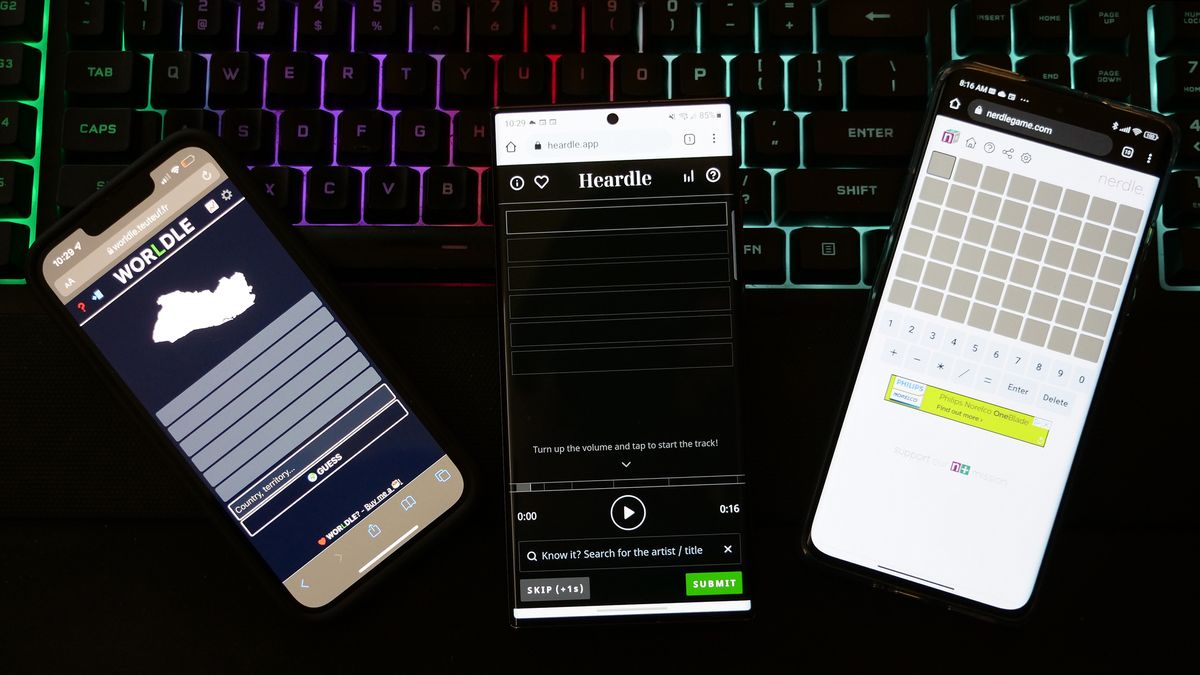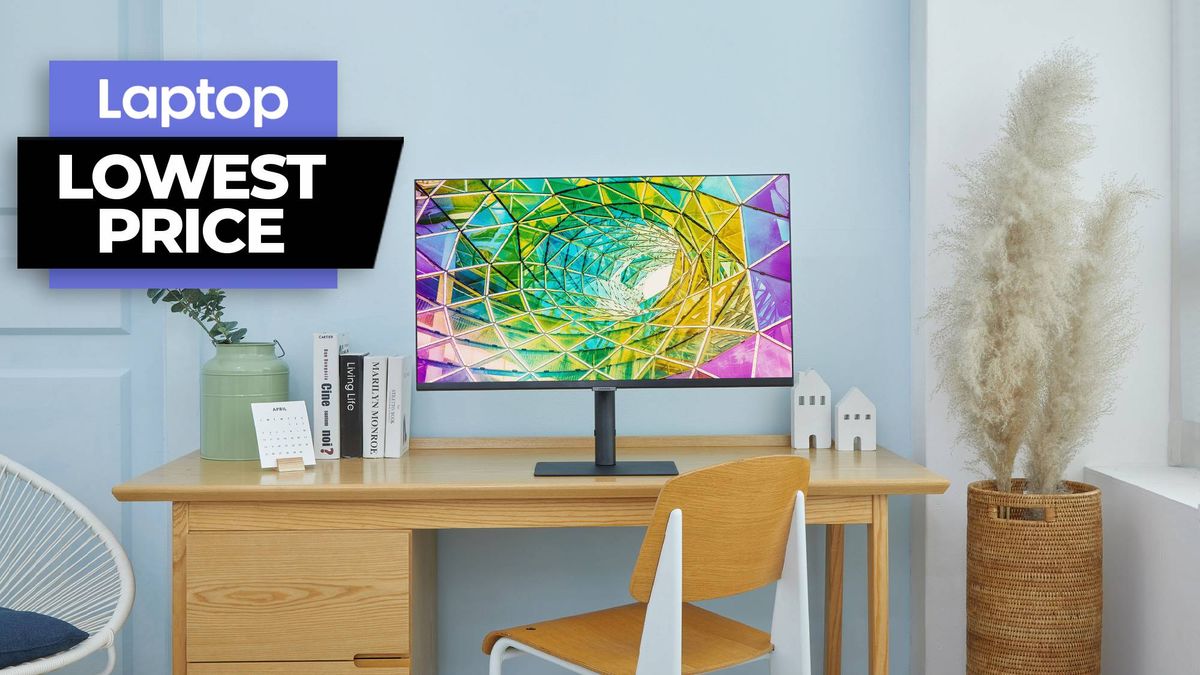
Commentary: Jack Wallen has had enough of smartphone manufacturers producing devices that aren’t very “smart.” He reminds Google, Apple, Samsung and others: Don’t forget the real reason we buy phones.
Image: Google
I’m a bit riled up. Why? Because smartphone manufacturers of all kinds and platforms have dropped the ball. You see, they’ve focused so much on the “smart,” that they’ve forgotten the second syllable: “phone.”
I was pretty forgiving when smartphones first came into being and the call quality wasn’t all that great. And then, when Google first released Android, I was willing to turn the other cheek every time my HTC Hero refused to place a call. And then, when I purchased my first Pixel device, I chalked it up to a one-off problem.
But then I RMA’d that device, and the new phone did the same thing. I’d be having a conversation and, out of nowhere, the person I was speaking to could no longer hear me. It was frustrating because I actually like to use the phone part of my smartphone. I (gasp) make and accept phone calls. Yes, I actually like to speak to people.
It took two Android updates for that problem to go away. All the while, Google refused to admit there was a software problem.
SEE: BYOD Approval Form (TechRepublic Premium)
So, when I purchased my next Pixel, I thought, “Finally, I can say goodbye to the call woes that plagued the previous incarnation.” Nope. The very same problem happened. I’d be talking to someone and eventually would realize they couldn’t hear me. Another RMA and still no solution. Again, it took a software upgrade for the phone call issues to vanish.
Mic drop … right into the toilet bowl of life.
It should have come as no surprise that my new Pixel 6 Pro suffered the very same problem. It doesn’t take long to find out other users are having the same kind of problems with their Pixel 6 devices. And, as with the previous phones, no matter what I do, the problem randomly strikes. The only solution I’ve found is to switch back and forth between phone and speaker until the person on the other end of the call can hear me again. But even that doesn’t always work – sometimes it even requires a reboot.
This time, however, Google is admitting there is a problem. Even so, it’s back to square one. Google seems to have forgotten that smartphones need to be able to reliably place phone calls and not just serve as tiny computers.
This is infuriating. What if I were on a 911 call and that problem occurred? What if I were on a phone interview with a prospective client? What if, what if, what if?
It’s not just a Pixel problem – phone calls seem to be the last thing smartphone manufacturers think of when designing these devices. Maybe there’s a level of logic that people like me refuse to accept. The younger generations aren’t terribly fond of (ack) talking on the phone; to them, the phone part of smartphone is just a holdover for relics like me. Whippersnappers.
I’ve heard of this same issue plaguing OnePlus, Samsung, Apple and Motorola devices.
This should not be the case. All smartphone users should be able to count on the phone aspect of their devices. If not, let’s start calling these devices what they really are: Pocket computers that can place phone calls when the conditions are just right.
SEE: The iPhone, iPad and Mac users guide to Microsoft 365 (free PDF) (TechRepublic)
Google, Apple, Samsung, OnePlus and any other smartphone manufacturer: Stop producing sub-par phones. When you slap the flagship sticker on a device, it had better be capable of making flagship-level phone calls; otherwise, whatever you’re producing isn’t worthy of the title.
Smart. Phone. Some company needs to put those two syllables back together, and don’t sacrifice one for the other. Make sure your quality control team is actually placing calls (not just using faceinstatwitter, playing games and texting) and that someone can hear them on the other end before you put your stamp o’ approval on that device.
Can you hear me now?
Subscribe to TechRepublic’s How To Make Tech Work on YouTube for all the latest tech advice for business pros from Jack Wallen.







